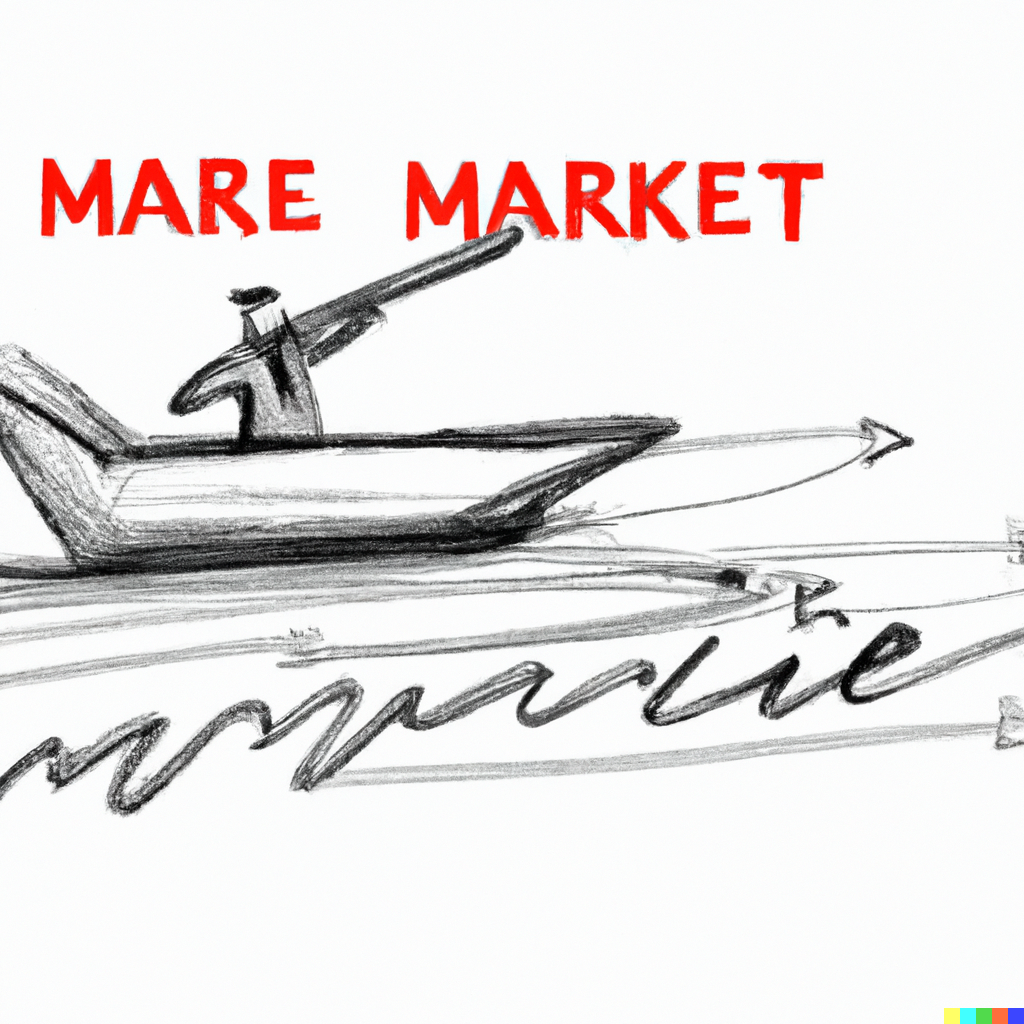What I learned from my 2nd startup failure of my career

On May 30, I received a letter from my prior employee Zume. I worked there in 2019 and got laid off in January 2020. I was kinda surprised why I would receive a letter from a name which's far away from my current life. Once I opened the letter, it is titled with "notice of assignment for the benefit of creditors and deadline for submitting claims". Essentially this is a legal step when a company is closing down, in which it moves the company to another management company entity with the purpose to return all the remaining assets to creditors. Now I know, I am officially experiencing my 2nd startup failure of my career.

It's no surprise this happens, when I left, I know this firm was doomed. It pivoted from software business completely at that point, and decided to be all-in manufacture of composable packages. Later from the news, I know it was struggling all long pandemic, and finally today is the day.
Zume is an iconic name for the easy money era -- all costs at growth. The company had raised $445 million in venture capital funding, including $375 million from SoftBank in 2018 at a $2.25 billion valuation. For me, after experiencing through startups at various stages in the last 4 years. I think it's time for some formal retros now.
Wait, did the title say this was my 2nd failed startup? what was my first one, I will try to tell that story in a future article.

Don't take a Titanic to find the new continent – you need a small boat full of agility
Zume was not doing the same business before Softbank's C-round funding. It was a B2C company pioneering robotic pizza making and using own food trucks to conduct the cooking at the last mile. This somehow happened to fit into the "strategic roadmap" of Softbank who wanted to "own every business on the road". So Zume took the money from Softbank and decided to work into a B2B model: sell and manage food truck fleet for other restaurants. With the funding, Zume started to hire people like crazy.
As a business, you wanted to invest earlier, just like you open a bubble tea shop, you have to spend money early on to renovate the shops. Same with the investment on staffing, arguably, the real (probably only) assets of a software business. So business needs to anticipate the growth and hire and train the people early on. Zume was too optimistic about their model, which definitely only worked in theory, never proved in reality. With the aggressive hires on all fronts, especially software engineers, the company took this Titanic kinda like gigantic ship with the goal to proof the concept and verify the market fit.
That never happened — constantly, internally, people have tons of opinions. Instead of using the smallest costs to try as many things as possible in the shortest time, energy and time were spent on internal debates and extremely expansive and slow marketing campaigns. As engineers, with less than a handful of customers, instead of doing just enough architecture, we are constantly designing for high scalable projects as we were told we're working on something really big. We made lots of assumptions, typically starting with statement with "once we get hundreds of customers, this is a better and scalable way to design the system" to pursuade peers. In contrast, for the limited concrete projects to be worked on, various internal teams are competing immensely for the limited opportunities, and thus lots of energy were burned meaninglessly.
When you wanted to identify market fit quickly, agility is the most important thing. Just enough architecture is enough.

Financial Upside Opportunity doesn't come from the mouth of recruiters – when we heard it, it's factored in price, already
Lots of people were attracted into opportunity like Zume by persuasions from recruiters, in which big numbers were thrown – words like: this is a dream big opportunity, huge potential financial upside, once in a life time chance to catch the train, etc.
True opportunity is always hidden, when you heard it, it's already too late. Think about the Alaska gold rush. In August, 1896, a family found gold in Klondike River in Canada's Yukon Territory. Rumors had spread out to lower continents United States, and lots of people started to rush up to Alaska (which in turn boomed Seattle), but when people got there, they realized the lands had already been claimed and distributed, and eventually out of the 30,000 that arrived in the Klondike, only approximately 4,000 actually found gold. Same thing for high rising startup, VCs had lots of other reasons to raise the valuation of the company despite the true economic values it provides, and as employees, we are spending our own precious time to buy in arbitrary price that already setup there. The only hope employees would gain big financially upside is the startup somehow get a 10x valuation/market-cap up from the point they joined, and typically means find perfect market fit well, scale effectively, and repeat this more than one time. This is not even counting the time horizon it takes to get to that 10x.
The people who could find these true opportunities are either just lucky, or typically, have another channel for the information as the information is too obscure for a startup. The more startup is not on a good trajectory, the even more they wanted to hide those info.

Founder should really know the problems, I mean really!
When it comes to the basic principle to evaluate a startup, I always quote one from my friend Eric Shao.
The founder must had either experienced or feel the pains intensively themselves. Don't assume!
Back to Zume, it essentially is a food tech business. However, the core founding team was never rooted from food industry, as far as I know. When the company is transited to a B2B business, they are fitting themselves into a narrative to provide values to other restaurants. However, lack of deep knowledge of the pains in restaurant business, how could they really deliver a compelling food truck solution to solve the pains of those restaurant owners?
Moreover, things could be learned quickly to some extend, no matter how complicated the business is, essentiallay it's balance of supply and demand. At that moment, Zume run into another trap: lack of focus. The company wanted to try zillions things at the same time, even spin up a division to research on EV food truck. It could be the reason of too much funding, being spoiled. In hindsight, I was thinking if Zume was fund raising in a traditional way, things could grow more sustainably.
What's the more effective way to really grow people and bring value to the internal share-holders?
At Zume, the thing I gained most is the people. There were some really talented people being hired and I had the honor to be around with. The company is generous to people in general on a daily basis, and high flying mission – making food industey more sustainable – is also quite compelling! That being said, given such a talented pool, the leadership didnot really take the company to a state that there's a real traction of the business is a shame and it's a waste of everyone's opportunity cost. Also, people join startups to grow together with the company to learn to solve harder problems in order to get to another level in this career, objectively, Zume didnot provide the opportunity to us.
In general, as employees, we should really think about what we really wanted to get out of from a part of experience. Just like lots of things in life, there's a tradeoff beween daily happiness and final outcomes.
Lastly, a suggestion on how to evaluate a startup compensation.
As an employee, equity part is great, and has exponential value increase; however, if you're not at a steerwheel position, highlight the cash part; as so many things are affecting the equity part: market opportunity, trends, in-transpacity of management, etc. Most of time, they are out of your control.
The end of easy money era
In the All-in podcast, guys like to say "tech is either in a bubble or not, there's no in between". Seems like the current tech scene is going out of the wood, so the next bubble might be emerging now. When it is time you experience the next one and trying to decide joining one startup, don't forget to look back this article, as history always bears astonishing resemblances.

